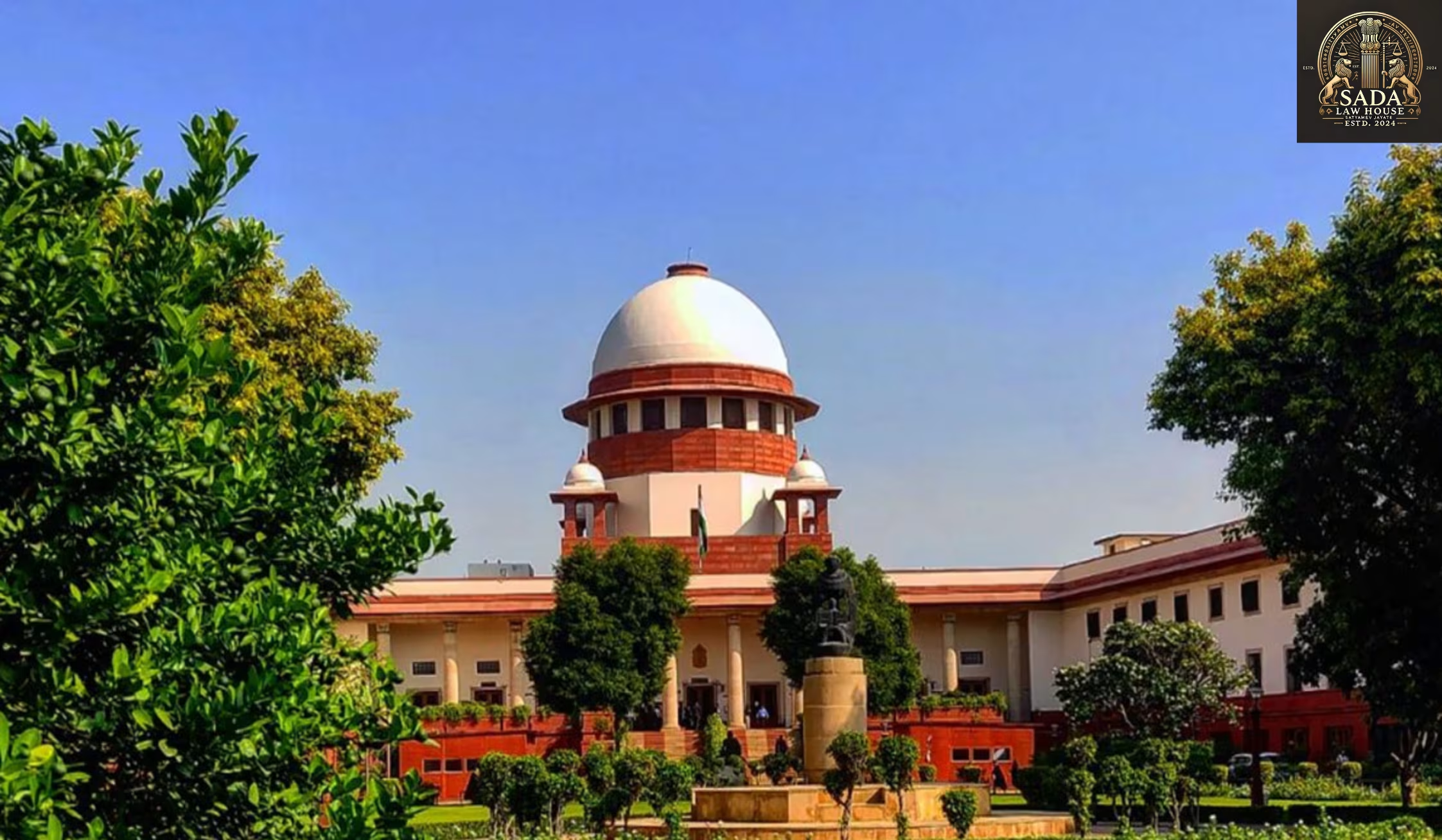Supreme Court Highlights Legal Gaps in Ongoing Bitcoin Extortion Case Amid Outdated Cryptocurrency Laws
- PRABHAT KUMAR BILTORIA
- 01 June 2025

India’s Supreme Court continues to highlight gaps in outdated cryptocurrency laws through high-profile Bitcoin extortion cases. Learn about the legal grey areas, court proceedings, and regulatory concerns in this evolving crypto landscape.
Supreme Court Case Sheds Light on Legal Loopholes in Cryptocurrency Regulation
The ongoing case of Shailesh Babulal Bhatt, accused of cryptocurrency fraud in multiple Indian states, underscores the growing urgency for a modern legal framework around digital assets. The case was heard by a Supreme Court bench comprising Justice Surya Kant, Justice Dipankar Datta, and Justice Vijay Bishnoi.
Advocates Highlight Lack of Crypto Regulation
Senior Advocates Siddharth Dave and Mukul Rohatgi argued that India’s existing cryptocurrency laws are outdated and inadequate to handle cases involving Bitcoin extortion or fraud. During the hearing, Justice Kant criticized the government’s vague stance on crypto regulation, stating that relying solely on “watching international economic conditions” is not enough.
ASG Bhati Defends Current Legal Proceedings
Additional Solicitor General Aishwarya Bhati asserted that the real issue lies with the petitioner’s actions, not the lack of a framework. She emphasized that the petitioner falsely presented himself as an investor without providing proof and claimed the case was a “pure extortion matter.”
Bitcoin Wallets and KYC Compliance Concerns
ASG Bhati pointed out a key enforcement challenge: wallets that do not follow KYC (Know Your Customer) norms. While agencies can freeze KYC-compliant wallets, non-compliant wallets remain a legal loophole in cryptocurrency enforcement.
Court Observes the Need for a Regulatory Framework
The Court stressed the need for proper cryptocurrency regulation rather than complete prohibition, equating unregulated crypto activity to hawala transactions. Justice Kant made it clear that the regulatory vacuum increases opportunities for misuse.
Details of the Petitioner’s Legal Situation
Rohatgi revealed that Bhatt had been incarcerated since August 2024 and appeared before investigative agencies 15 times. He argued for temporary bail, stating that the petitioner had filed FIRs against police for extortion and was later named in counter FIRs, though he wasn’t charged in any predicate offense.
Supreme Court Postpones Final Decision
Due to the ongoing investigation, the Court deferred its decision until July, allowing authorities more time to complete inquiries. The bench maintained neutrality in its remarks, stating it would not comment on the petitioner’s guilt or innocence for now.
India’s Judiciary Continues to Push for Crypto Legislation
This is not the first instance where the Supreme Court of India emphasized the need for crypto legislation. In November 2023, a Public Interest Litigation seeking guidelines for cryptocurrency mining and trading was dismissed by a bench including Justice JB Pardiwala, Justice Manoj Misra, and former Chief Justice DY Chandrachud, stating that the matter lies within Parliament’s domain.
Government Promises Discussions on Crypto Policy
In September 2023, Attorney General R. Venkataramani informed the Court that a comprehensive review of domestic and international cryptocurrency regulation was underway. Despite multiple hearings since January 2024, no concrete legal framework has been introduced.
Final Remarks: Need for Policy, Not Judicial Intervention
In April 2025, a bench led by Justice BR Gavai (now Chief Justice of India) and AG Masih dismissed a plea under Article 142 of the Constitution seeking court-imposed crypto fraud regulations. The bench reiterated that such policy decisions must be addressed by the appropriate legislative authorities.
Conclusion: Bridging the Gap Between Technology and Law
The ongoing Bitcoin extortion case has spotlighted the legal grey areas in India’s cryptocurrency regulation. As the judiciary repeatedly underscores the urgent need for a clear and updated legal framework, it becomes evident that relying on outdated laws in the age of digital finance is no longer sustainable. With rising incidents of crypto-related fraud, extortion, and misuse, both courts and enforcement agencies are constrained without concrete legislative backing.
India stands at a crucial juncture—balancing innovation and investor protection with robust, modern laws. Until Parliament enacts a comprehensive cryptocurrency regulatory framework, the legal ambiguity will continue to hinder justice and compromise financial integrity. The case of Shailesh Bhatt is not just a courtroom drama; it’s a wake-up call for policymakers to act swiftly and decisively.







